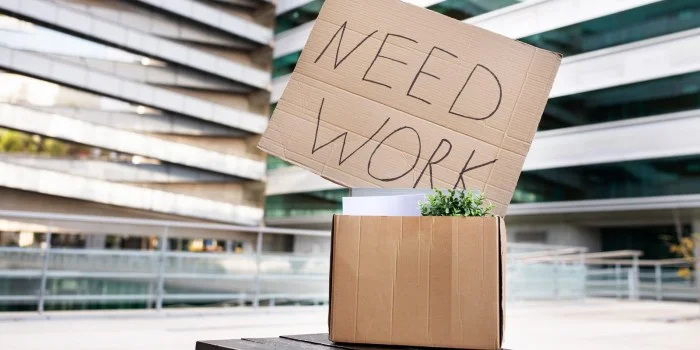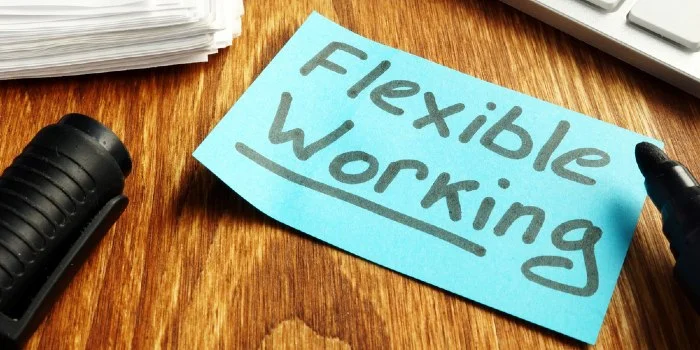13 December 2022 – Small businesses are facing an uphill struggle, but despite this over half of them are confident they will survive these tough times.
According to a survey commissioned by HSBC, 65% of small businesses are confident they will survive the current economic situation, with 38% believing that their profits will increase in 2023.
This positive outlook is surprising, given that 43% of business owners responding to the survey have said they worry about the impact the next six months will have on their business.
However, this does not mean that small business owners are not under a strain, with 26% worrying so much about the cost-of-living crisis that it affects their wellbeing.
Business Owners Don’t Talk About Their Struggles
Even though just over a quarter of small business owners struggle with their mental wellbeing due to financial pressures, they are reluctant to talk about their worries.
55% said they don’t talk to anyone about the stress they experience due to the impact on their business. So not only didn’t they talk to friends and family, but 73% have said they didn’t talk to their bank about needing financial support.
To get funds to support their business over the last few months, 29% of business owners have said they used personal savings.
With so many business owners not willing to talk to anyone about their financial pressures, it’s no surprise that 52% said they preferred to research financial support online.
The biggest worry for small businesses is rising inflation, which 41% see as the biggest threat to their company.
38% have said they see the decline in customer spending as the biggest threat and 36% said they worry most about rising energy costs.
Wage inflation is a big threat to businesses for 22% and cash flow management has been named by 19%.
With the current economic environment creating business uncertainty, it’s fair to say that many small companies have had a rough ride these last few months. Owners are at the helm, so it’s no surprise that navigating cost challenges is having an impact on their own personal wellbeing.
Peter McIntyre, Head of Business Banking at HSBC UK
Worries About Recession Will Further Impact Wellbeing
Although the Office for National Statistics (ONS) has reported a 0.5% increase in gross domestic product (GDP) in October compared to September, experts are still warning that the UK is heading into a recession.
While sales have picked up again in October, GDP has shrunk by 0.3% in the three months to October.
The Bank of England (BoE) has speculated that the UK might already be in a recession, after GDP dropped by 0.2% in the three months to September. And if GDP falls again in November and December, we could see a second consecutive quarter of decline, confirming that the UK economy is in a recession.
Predictions by the BoE show that the recession could last until the end of next year. This might cause the monetary policy committee at the Bank, which sets interest rates, to split, with some members favouring a slower rate rise to mitigate the risk of a long recession.
No doubt, news of that kind will have a worsening effect on the mental wellbeing of small business owners.
And given that business confidence has been declining sharply in recent months, it’s good news that a majority of small businesses are confident they will survive these challenging times.
Energy Bills Another Big Concern
With 36% of small businesses worrying about rising energy costs, the uncertainty of what support will be available after March 2023, will increase stress levels for many business owners.
Currently, non-domestic energy users get a discount on their energy bills, funded by the Government, to keep energy costs at a sustainable level.
But the Chancellor, Jeremy Hunt, has announced that from April next year this support will end, with only vulnerable sectors receiving support.
Which sectors this will include is not yet known, and no more details have been given by Mr Hunt during the autumn statement.
This uncertainty is not just bad for the wellbeing of small business owners, adding more stress and worries, but it also makes it impossible for companies to make financial plans for 2023.
The Confederation of British Industry (CBI) has called on the Government to provide details on which sectors will receive further support before Christmas, to ease the pressure on businesses.
The high cost of energy is dominating the decisions that businesses are making each and every day. There are no easy answers in all this, but the government will have to keep supporting the most vulnerable firms to help them stay competitive, to build resilience and in some cases to avoid collapse.
Matthew Fell, Chief Policy Director at CBI
Many companies have said that if they don’t receive further support after the current scheme ends, they will have to rise prices or close their doors.
According to a survey by the Federation of Small Businesses, almost half of small businesses expect that they have to increase prices if they don’t get further support.






